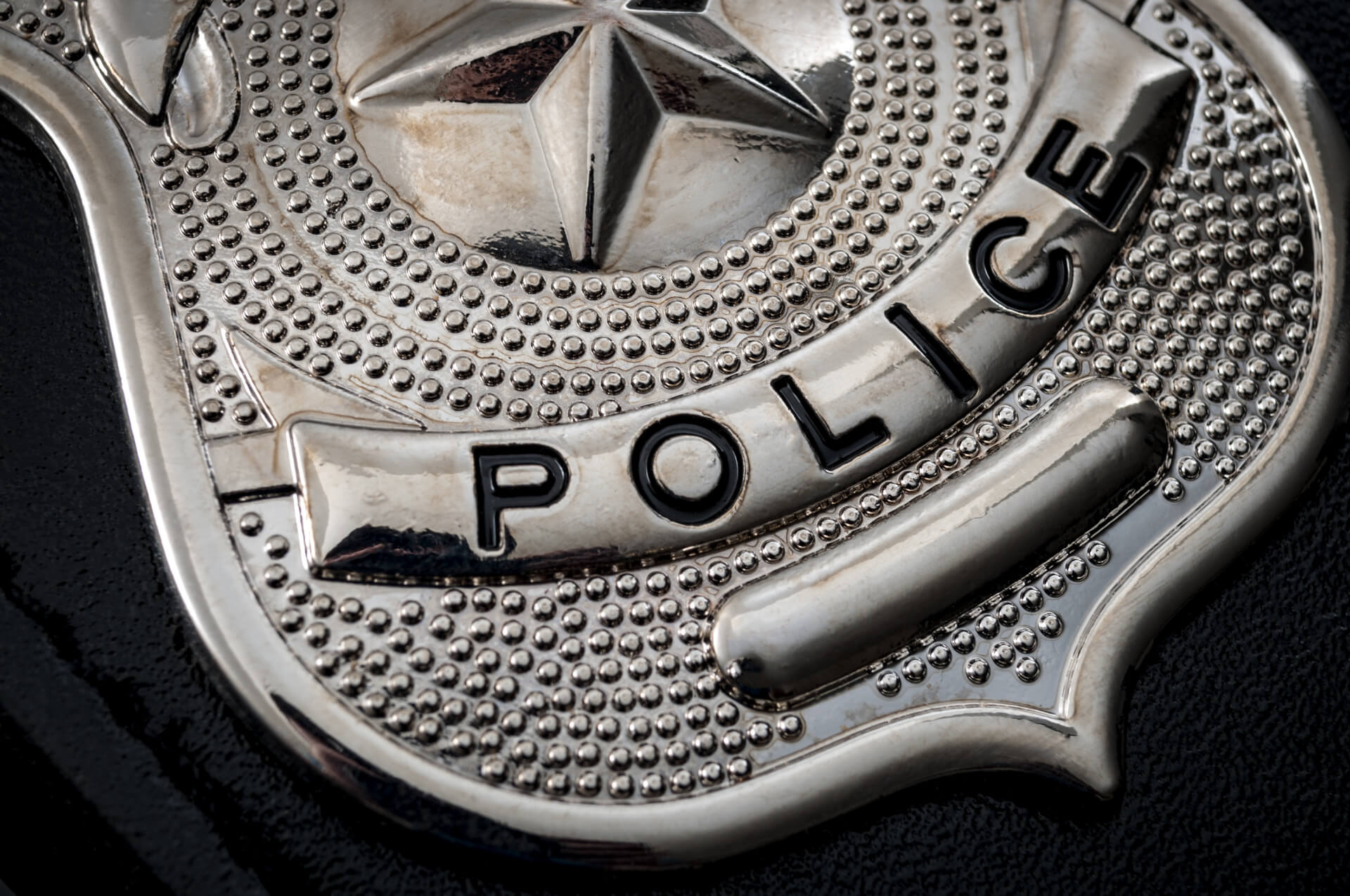
By Karl Bickel
The writer, formerly second in command of the Frederick County Sheriff’s Office and former assistant professor of criminal justice, is retired from the U.S. Department of Justice and is seeking the Democratic nomination for Frederick County sheriff. He can be reached at [email protected].
As our state’s county leaders have been announcing their processes for establishing a local police accountability board, they struggle to find the proper balance, which provides accountability while ensuring fairness both to those who file complaints and to those being held accountable.
The accountability boards, mandated by state law passed in the 2021 legislative session, will review complaints of misconduct by police officers in Maryland’s county and municipal law enforcement agencies. The boards will hold quarterly meetings, review outcomes of disciplinary matters, make recommendations on policy and report annually to their county’s political leaders.
There is not sufficient space here to adequately address the pros and cons of the Police Accountability Act, the state law that requires the creation of the PABs. However, since it is not a matter of choice, and it has to be done, I prefer to view PABs as a possible opportunity.
They may be an opportunity to improve the quality of service by and confidence in our police, as well as the overall relationship between police and those being served.
I am confident that if leaders can approach the PAB mandate with an open mind, setting aside ideology and partisanship, and focus on interests rather than positions, they can satisfy those seeking greater accountability while ensuring fairness to those who serve and protect.
I understand, but am not as concerned as some police chiefs, sheriffs and police unions, about the possibility of boards having a bias against police. I don’t think the citizens of Maryland’s various counties would stand for a biased PAB, whether that bias is for or against our police.
The relationship between the PAB and police does not have to be, and should not be, adversarial. For it to be a success the relationship should be collaborative, with stakeholders joining together in an effort to bring the very best in police practices to our communities.
Those who live and work in Maryland want fairness, treatment with dignity and respect, and fairness by our police, the kind of fairness and respect the vast majority of officers display day in and day out. Our officers want and deserve fairness as well. They want boards that will understand the challenges the officers face day in and day out when the boards adjudicate complaints and make policy recommendations.
Professional police leaders who are able to develop a good working relationship with their PABs may find a partner advocating for appropriate resources, training for personnel and community support when needed, all of which will be necessary to achieve the desired results.
At a time when some have called for defunding police, it will become apparent to our political leaders that in order to adhere to the provisions of the Police Accountability Act in a fair and equitable manner, refunding or increased funding of police will be required. This will be necessary in order to attract quality job applicants, and provide the training and supervision required for success, all in an effort to bring increased accountability and improved service to our communities.
Maryland is growing in diversity. It will be important to have a PAB of more than the five members some of our counties have proposed in order to have representation that reflects Maryland’s diversity. The PABs need to be racially and ethnically diverse, economically diverse and politically diverse to accurately represent the makeup of our communities.
The larger and more inclusive the PAB is the less likely we will see a PAB dominated by a particular ideology, bias, or anti-police or pro-police leaning. I am confident that our counties have within them the talent and determination necessary to create boards that will serve everyone, our residents and those who police our communities alike.
A police accountability board that functions in the spirit of community policing gives credence to the words of Sir Robert Peel, founder of the London Metropolitan Police, circa 1829, “To recognize always that the power of the police to fulfill their functions and duties is dependent on public approval of their existence, actions and behavior, and on their ability to secure and maintain public respect.”
Forward-thinking political leaders, police chiefs and sheriffs, along with the communities they serve, should all work together to turn this mandate into an opportunity.



 Creative Commons Attribution
Creative Commons Attribution